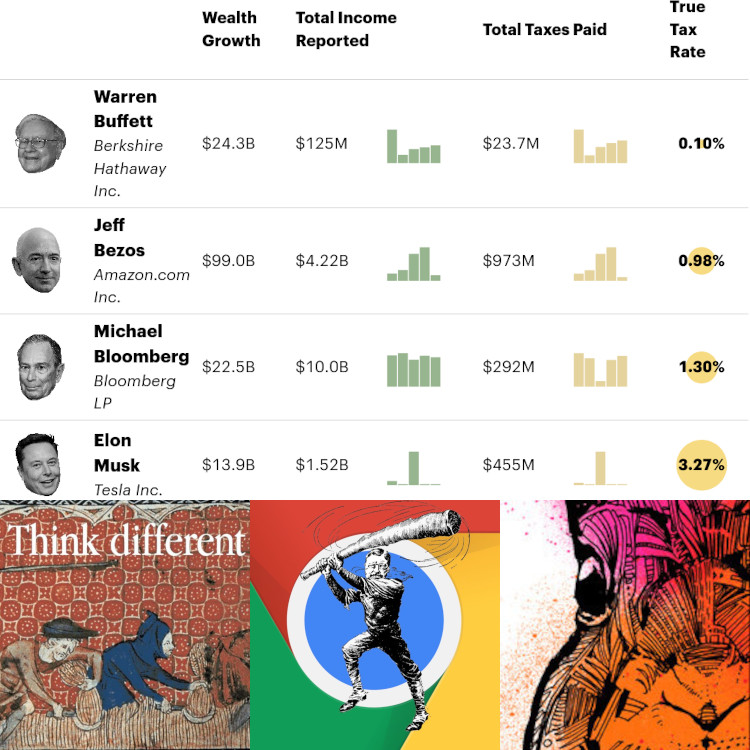
This week on my podcast, I read "I Quit," a column I wrote for @medium that connects the dots between smoking cessation, tobacco denial, climate inaction, and anti-maskers.
doctorow.medium.com/i-quit-9ae7b60…
1/
doctorow.medium.com/i-quit-9ae7b60…
1/

Specifically, it's about how the cancer denial playbook has been iterated and sharpened by successive generation of corporate murderers and their enablers in the Paltrow-Industrial Complex.
2/
2/
The goal of science deniers isn't necessarily to convince you that covid isn't real, or that vaccines are bad for you, or that privacy is overrated, or that there isn't a climate emergency - their goal is to convince you that these things just CAN'T BE KNOWN for sure.
3/
3/
It's a form of weaponized skepticism and it has deep roots, going all the way back (at least) to Darrell Huff's famous HOW TO LIE WITH STATISTICS a book I held in high esteem...
4/
4/
Until I read @TimHarford's brilliant THE DATA DETECTIVE and learned that Huff was a paid shill for Big Tobacco and his major motive wasn't to debunk bad stats, it was to obscure the link between tobacco use and cancer.
pluralistic.net/2021/01/04/how…
5/
pluralistic.net/2021/01/04/how…
5/
When I quit smoking 17 years ago, a wise doctor counselled me that if I was going to resist cravings, I needed a more immediate reason than "I won't get cancer in 40 years." My answer: "I spend two laptops per year on a product whose makers want to murder me and my friends."
6/
6/
More importantly: "These companies invented the science denial techniques that are on track to render my species extinct."
I wrote this column at the urging of my friend @drrimmer, in honor of #worldnotobaccoday2021.
7/
I wrote this column at the urging of my friend @drrimmer, in honor of #worldnotobaccoday2021.
7/
It's never too late to quit smoking. See your doctor. And if you want a catchy, profane anthem to see you through the hard times, check out Allen Ginsburg's incredible "Put Down Your Cigarette Rag (Don't Smoke)."
8/
8/
Here's the podcast episode:
craphound.com/articles/2021/…
and here's a direct link to the MP3 (hosting courtesy of the @InternetArchive; they'll host your stuff for free, forever):
archive.org/download/Cory_…
and here's my podcast feed:
feeds.feedburner.com/doctorow_podca…
eof/
craphound.com/articles/2021/…
and here's a direct link to the MP3 (hosting courtesy of the @InternetArchive; they'll host your stuff for free, forever):
archive.org/download/Cory_…
and here's my podcast feed:
feeds.feedburner.com/doctorow_podca…
eof/
ETA - If you'd like an unrolled version of this thread to read or share, here's a link to it on pluralistic.net, my surveillance-free, ad-free, tracker-free blog:
pluralistic.net/2021/06/07/fir…
pluralistic.net/2021/06/07/fir…
• • •
Missing some Tweet in this thread? You can try to
force a refresh









